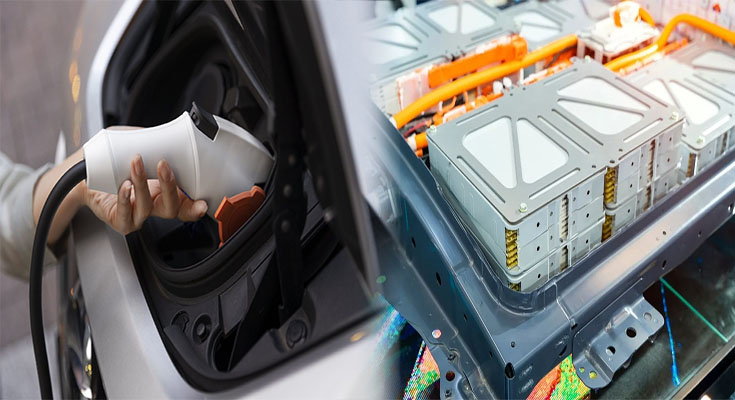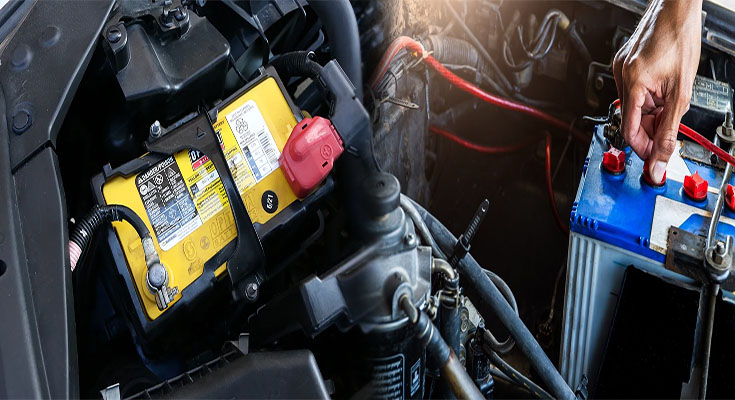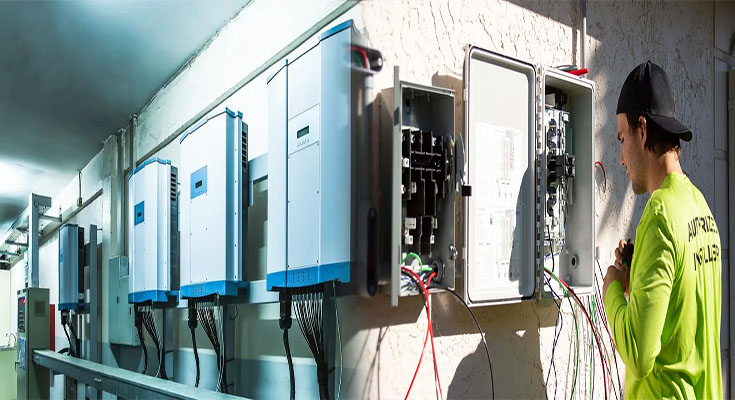
Security and Privacy Considerations in Healthcare Data Analytics
Healthcare data analytics has the potential to revolutionize patient care and improve healthcare outcomes. By harnessing the power of data, healthcare organizations can gain valuable insights that can inform decision-making, improve treatment plans, and enhance patient experiences. However, along with the benefits of healthcare data analytics come significant security and privacy considerations. In this article, we will explore the importance of security and privacy, as well as key considerations that must be addressed when implementing healthcare data analytics.
The Importance of Security and Privacy in Healthcare Data Analytics
- Patient Confidentiality: Healthcare data analytics involves the use of sensitive and personal patient information. It is of utmost importance to protect patient confidentiality and ensure that their data is not accessed or used inappropriately. This includes complying with regulations such as the Health Insurance Portability and Accountability Act (HIPAA) in the United States and similar laws in other regions.
- Data Breaches: Healthcare





